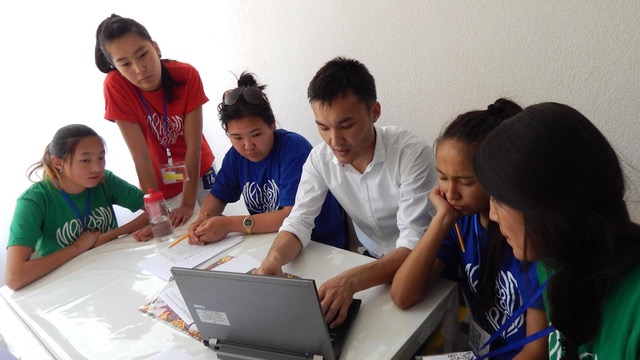Integra Examines Disinformation’s Impact on Destabilizing Democracy in Asia
Democracy has been declining across Asia and the Pacific for more than ten years. Many believe information disorder or “disinformation”—a term in which distorted and manipulated information is ubiquitous—is playing a role in destabilizing democracy across the region. The USAID/Asia Bureau wanted to understand how distorted information contributes to unchecked and unaccountable power in Asia and the Pacific. They engaged Integra (under the Asia Emerging Opportunities contract) to analyze how information disorder may be affirming authoritarianism in Asia and the Pacific. Integra is a small business known for its capacity to rapidly assemble expert teams and produce actionable reports, assessments, and strategies for complex international development issue.
Integra approached this question through a series of in-depth country studies identifying supply- and demand-side factors contributing to information disorder at the national and sub-national levels. The study countries included the Kyrgyz Republic, Nepal, Papua New Guinea, and Thailand—representing regime types ranging from relatively democratic political systems to de facto military dictatorships. Five regional experts conducted desk-based research, consulting open-source documents (academic books and peer-reviewed journal articles), think tank reports, publicly available government documents, and broadcast, print, and social media publications. In addition, the experts accessed and explored grey literature, unofficial documents, and other materials not readily available but drawn from their experience and local networks. Integra’s experts supplemented collected research and data with key informant interviews sourced from on the ground networks.
The analysis confirmed an extensive history and growing impact of information manipulation for political ends in Asia and the Pacific, focused almost exclusively on influencing operations by states in other states. The most sophisticated disinformation campaigns identify cleavages and rifts unique to a society. Constructed around local fears and anxieties, they can insert themselves into a political arena. China and Russia, in particular, are often singled out as dominant sources of information manipulation across the region, while actors in the United States and Western Europe also play roles in the region’s information disorder. The ultimate analysis revealed a more complex picture of current information disorder compared to historical trends.
In recent years, Integra identified that the disinformation landscape has seen an outward and downward shift of power. For example, politically motivated players with no direct links to regional governments and actors manipulating information for purely financial reasons play increasingly important roles in distorting information. Furthermore, information disorder varies among countries based on mediation from national contexts. This suggests that mitigation strategies to contain and counter information disorder must be tailored to specific local contexts. There are no silver bullets.
Study findings also identified that information disorder may be as much a consequence as a cause of the democratic decline. Focusing on improving the institutions and socio-economic structures on which democracies in Asia and the Pacific rest, rather than on technology, may yield the most effective mitigation strategies in the long term.
Integra’s assessment identified the need for mitigation strategies must be multi-faceted. To be effective, efforts should pursue holistic approaches that consider the many interconnected dimensions of information disorder. Mitigation strategies also need to focus on political and economic conditions rather than just the technical aspects of information disorder. Finally, they should be tailored to the local contexts to contain and counter-information disorder. This localization may also effectively respond to the challenge put forward by the USAID Administrator Samantha Power to engage with small partner organizations in each country.
These findings helped USAID to understand the causes and consequences of information disorder in Asia and the Pacific, identify strategies to effectively address the issues in the region, and adapt and replicate these solutions worldwide.







































